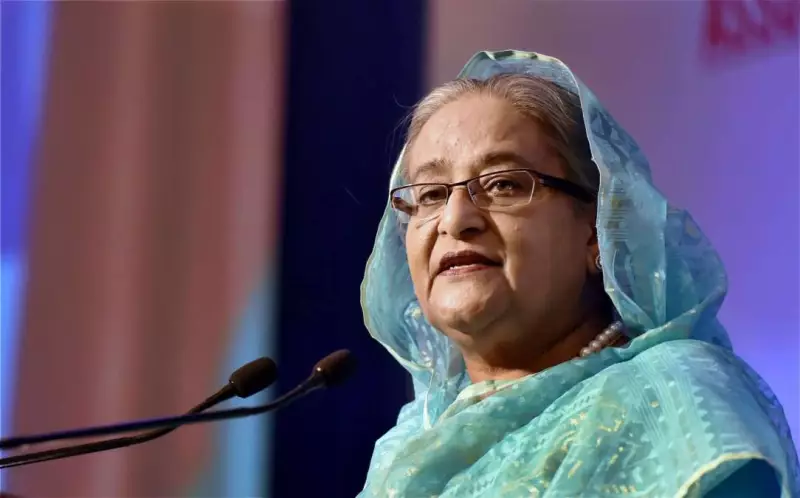
A Bangladesh tribunal judge has made explosive allegations against Prime Minister Sheikh Hasina, claiming she directly ordered the killing of protesters during the violent unrest that rocked the country in July and August this year. The stunning revelation has sent shockwaves through Bangladesh's political establishment and raised serious questions about government accountability.
The Explosive Allegations
According to the tribunal judge who spoke on condition of anonymity, Prime Minister Sheikh Hasina gave explicit instructions to security forces to use lethal force against demonstrators during the widespread protests that occurred between July and August 2025. The judge claimed to have seen evidence directly linking the prime minister to the orders that resulted in numerous civilian casualties.
The judicial official stated that the evidence clearly shows Sheikh Hasina's direct involvement in authorizing the use of deadly force against protestors who were demanding political reforms and government accountability. These allegations represent the most serious charges ever leveled against the long-serving prime minister, who has dominated Bangladesh politics for nearly two decades.
Context of the July-August Unrest
The violent unrest referenced in the allegations occurred during July and August 2025, when Bangladesh witnessed some of the most significant political protests in recent years. Thousands of demonstrators took to the streets across major cities, expressing frustration with the government's policies and demanding greater political freedom.
During this period, security forces repeatedly clashed with protestors, resulting in numerous casualties and widespread international concern. Human rights organizations documented multiple incidents where live ammunition was used against unarmed demonstrators, though the government had consistently denied authorizing such measures.
The tribunal judge's claims now directly contradict the government's official position that security forces acted in self-defense and followed proper protocols during the unrest. If proven true, these allegations could have devastating consequences for the Hasina administration and fundamentally alter Bangladesh's political trajectory.
Political Implications and Reactions
The judge's statements have created a political firestorm in Bangladesh, with opposition parties demanding immediate investigations and international observers calling for transparency. The allegations strike at the heart of Bangladesh's democratic institutions and raise fundamental questions about the separation of powers and judicial independence.
Government officials have vehemently denied the claims, characterizing them as politically motivated fabrications designed to undermine the prime minister's authority. They have pointed to what they describe as a pattern of misinformation campaigns against the administration.
However, human rights advocates and legal experts argue that the judge's position within the tribunal lends significant credibility to the allegations. They note that such direct accusations from a serving judicial officer are unprecedented in Bangladesh's recent history and warrant serious investigation.
The international community has begun monitoring the situation closely, with several foreign governments expressing concern about the allegations and calling for a thorough, impartial investigation. The United Nations and various human rights organizations have emphasized the importance of accountability for any potential human rights violations.
As Bangladesh grapples with these serious allegations, the nation faces a critical juncture that could determine its democratic future and the relationship between political power and judicial independence. The coming weeks are likely to see increased political tension and potentially significant developments in this unfolding story.






